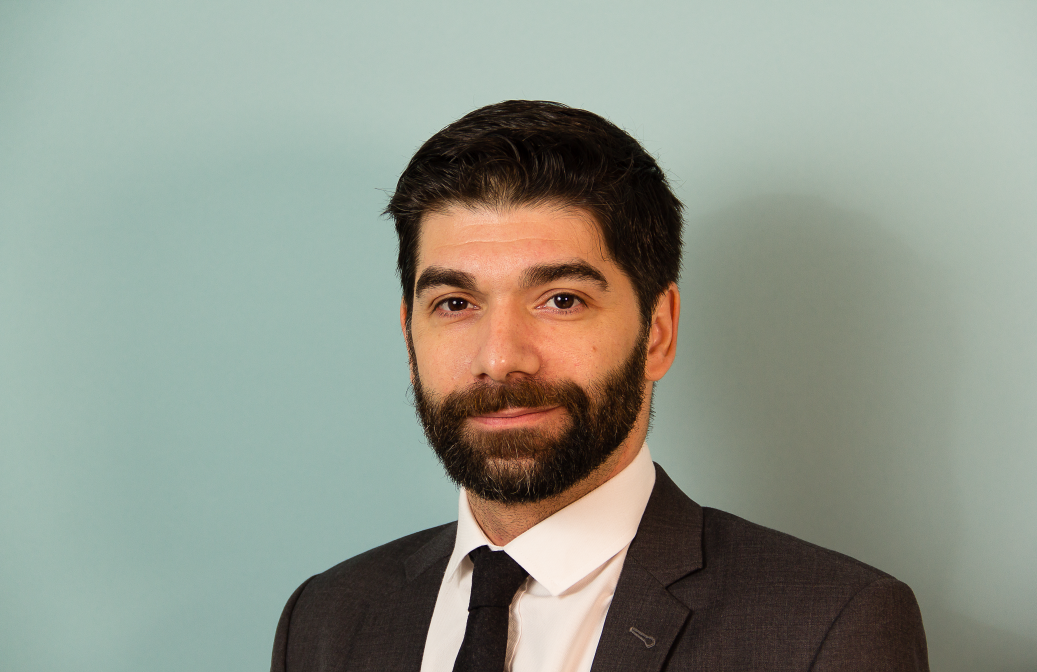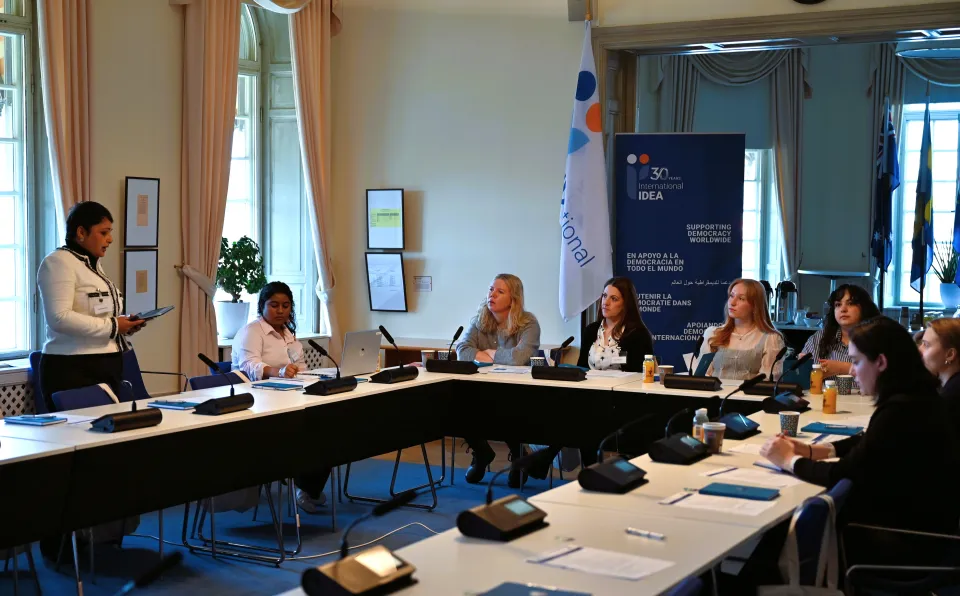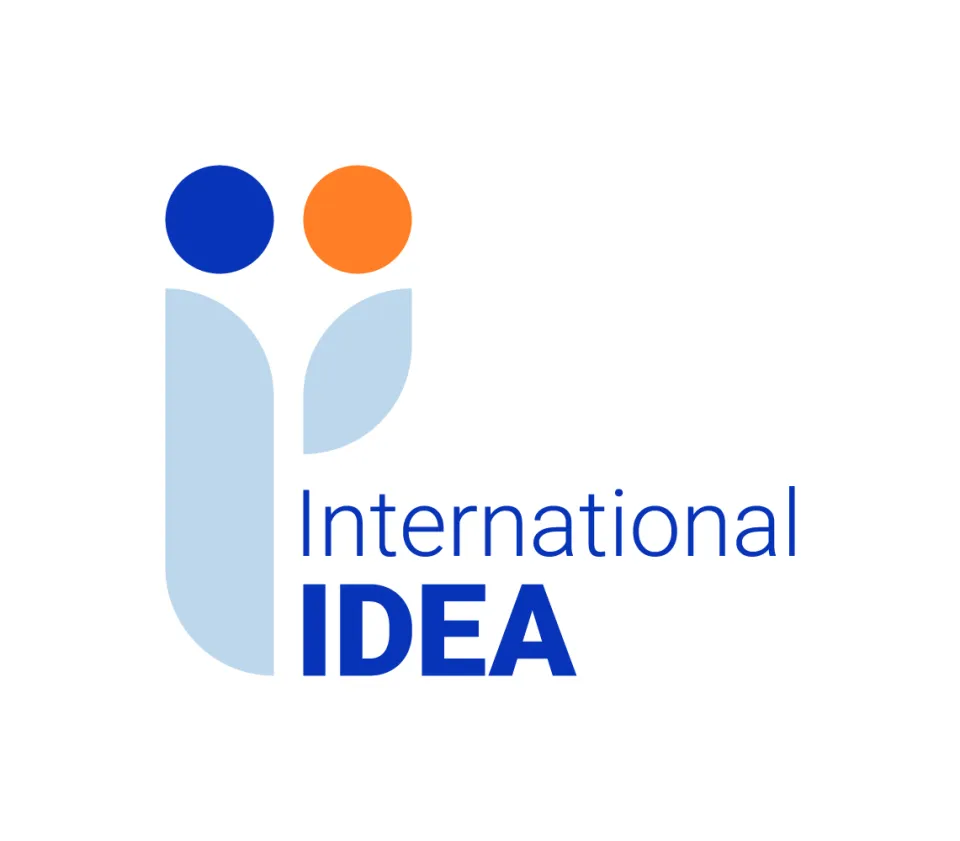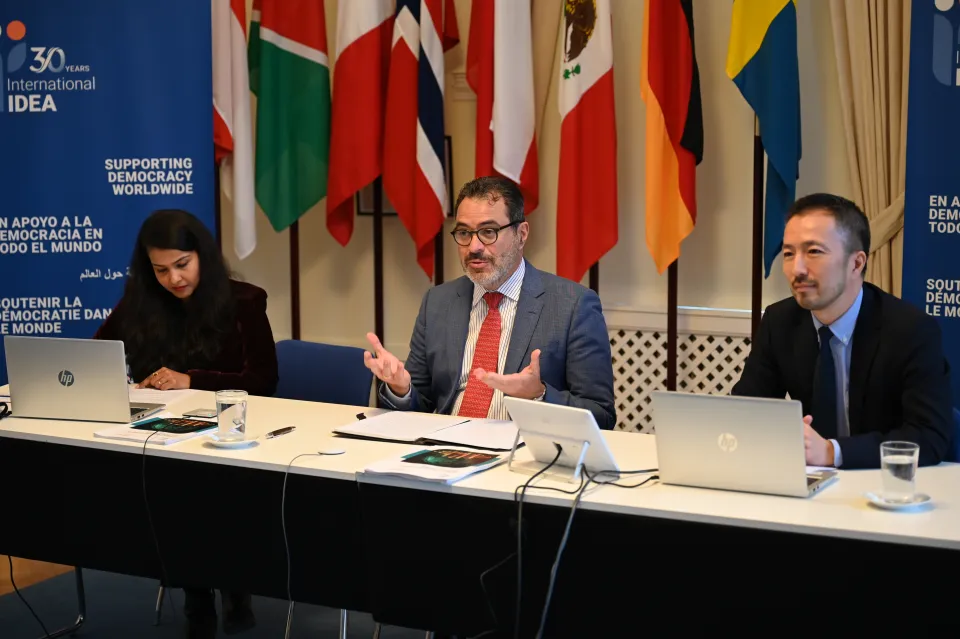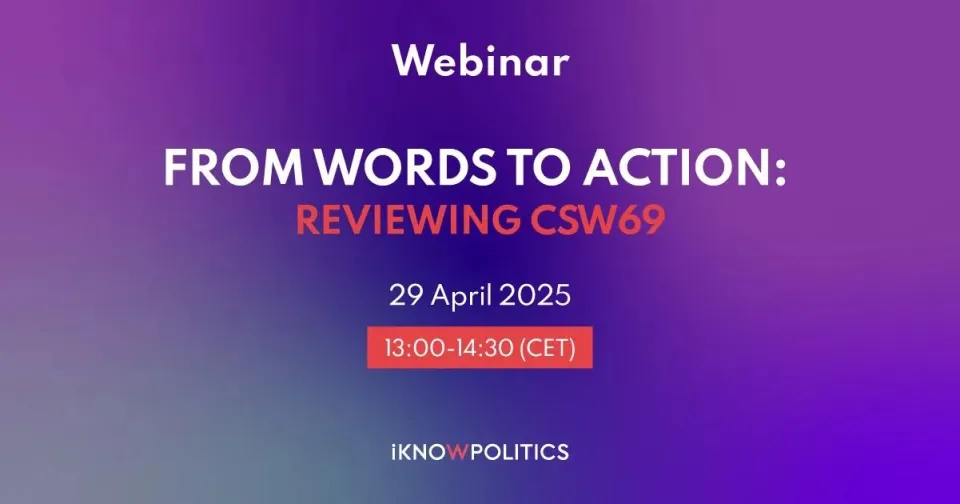Myanmar: Setting the standards for democratic transition and campaign finance
Transitional elections are complex environments for the enforcement of campaign finance regulations. Myanmar 2015 General Elections was no exception.
Unanimously greeted as the first free and fair elections in the recent history of the country, Myanmar saw the landslide victory of the former opposition party National League for Democracy (NLD), led by the democratic icon and Nobel Peace Prize recipient Daw Aung San Suu Kyi, against the ruling Union Solidarity and Development Party (USDP).
While these elections were the first officially observed in Myanmar history, with more than 12,000 domestic and international observers deployed, candidates’ expenditures were in general not closely scrutinized by observation groups. Political parties did not seem to prioritize the financial angle when challenging results either. In total, 12 out of 45 electoral disputes between candidates had some campaign finance related dimension, in all cases combined with other, non-campaign finance related accusations. Meanwhile, the Union Election Commission (UEC) opted for a light enforcement of the campaign finance regulatory framework. This approach consists of a flexible handling of failure to submit financial expenditure reports (207 cases, all concerning unelected candidates and their agents) and a liberal definition of the ineligibility period (five-year period considered covering only by-elections and not including the next general elections).
The apparent lack of interest of the main competing parties in enforcement of the campaign finance regulation is unsurprising. The privileged access of the ruling party to State resources could have turned problematic for the USDP while any insistence of the NLD on a reinforced oversight could have backfired by triggering a harsher enforcement of the regulation against NLD candidates.
This lack of focus on campaign finance is not exceptional in first transitional elections, and is understandable—because of the numerous other challenges to overcome. Following the milestone of November 2015 elections, it may now be time for Myanmar to take a closer look at its political finance regulatory framework. It is essential to ensure money does not become a threat to this nascent democracy, in a context of endemic corruption1 fueled by a civil war and abundant mineral resources in part controlled by criminal groups.
As leader of the consortium of eight organizations implementing the European Union-funded project Support to Electoral Processes and Democracy (STEP Democracy), International IDEA has offered its assistance to the UEC to support the development and implementation of a campaign finance regulatory framework, fitting the needs and democratic objectives of the country.
International IDEA completed a first, preliminary “assessment of key areas in need of improvement regarding political finance in Myanmar” in December 2014. It gave International IDEA unique insights into the opportunities for improvement of the Myanmar campaign finance regulatory framework.
In the aftermath of the general elections, International IDEA complemented that assessment with a survey on the perceptions by candidates of the actual implementation of the campaign finance reporting mechanism. The respondents were 51 candidates from seven states (Kachin, Kayah, Kayin, Chin, Mon, Rakhine, Shan) and two regions (Yangon and Magway), and completed the survey between December 2015 and February 2016.
The statistical processing and analysis of their replies led to several recommendations for the improvement of the campaign finance reporting mechanism. On 20 and 23 May, 2016 these recommendations were presented to focus groups of political parties, civil society organizations and observer groups as well as the Union Election Commission itself, together with International IDEA’s consortium partner Danish Institute for Parties and Democracy.
International IDEA intends to continue to support the actual enforcement of the Myanmar campaign finance regulatory framework, and will propose international comparative examples and analysis of the various possible models of campaign finance oversight mechanisms to the UEC. Based on the UEC’s preferences, International IDEA plans to support actions enabling the Myanmar Union Election Commission and other electoral stakeholders to build the capacity and legal means to monitor candidates’ expenditures.
The 2015 general elections have set new standards not only for Southeast Asia, but also on a global level in terms of holding successful transitional elections. The 2020 general elections will be a unique opportunity for Myanmar to set another standard in the regulation of money in politics, hence increasing the sustainability of its democracy.
